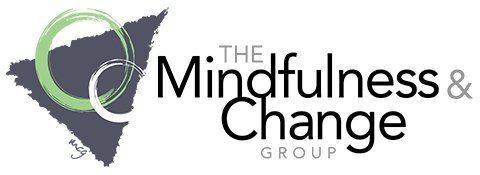At MCG we strive…
to increase accessibility to effective, evidenced-based practice. We recognize that while some individuals can comfortably afford treatment, for others, access to mental health services is outside of reach. For this reason, we have adopted an equitable sliding scale payment option. Our aim is to increase access to all for quality mental health services while also ensuring fair compensation for our hard-working clinicians by asking clients to pay according to their available resources. The chart below is intended to help you consider where you might fall with regard to payment for services. It is “…intended to be a map, inviting each person to take inventory of their financial resources and look deeper at their levels of privilege or systemic barriers…[a way] to challenge classist and capitalistic society we live in and work towards economic justice as a community” (Hawthorne, 2018).
-
Support children and/or other dependents
Have significant debt
Are eligible for public assistance
Experience discrimination in hiring or pay level
Have immigration-related expenses
Are an elder with limited financial support
Are an unpaid community organizer/worker
Are descended from enslaved people or Native American Indians
-
Travel when needed especially for an unexpected occasion
Have reliable transportation
Are able to repay or are in the process of repaying your student loans
Are able to miss work for sickness or leisure and are still able to pay next month’s bills
Receive economic support from others for things like car payments, phone bills, spending money
Are able to contribute to a retirement plan
-
Are single and/or without dependents
Are able to repay your student loans, are in repayment, or have paid off your student loans
Have employer health insurance and/or other employer benefits
Have daily reliable transportation
Travel for recreation
Have access to family money and resources, or have family who pay for treatment
Have a high degree of earning power
Own the home you live in
Work part-time or unemployed by choice, including unemployment due to full-time school
Have investments, retirement accounts, or inherited money
Resources: Embracing Equity, And Still We Rise, Alexis J. Cunningfolk

